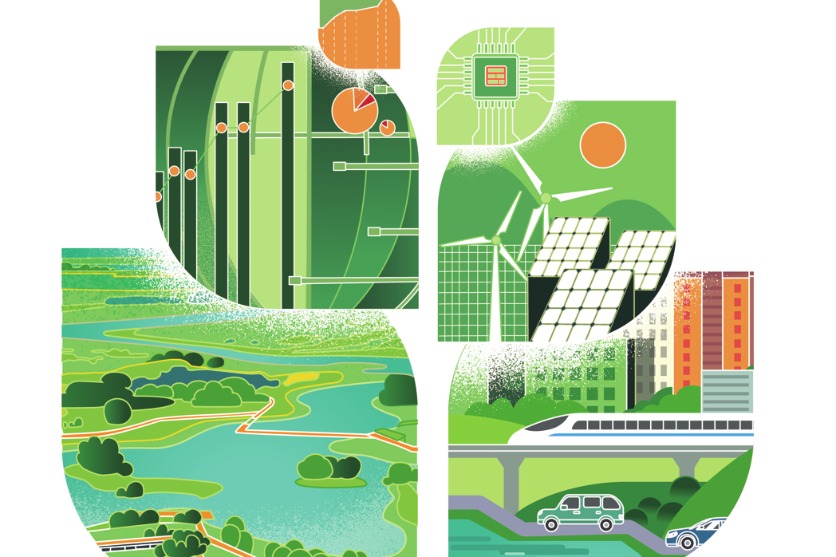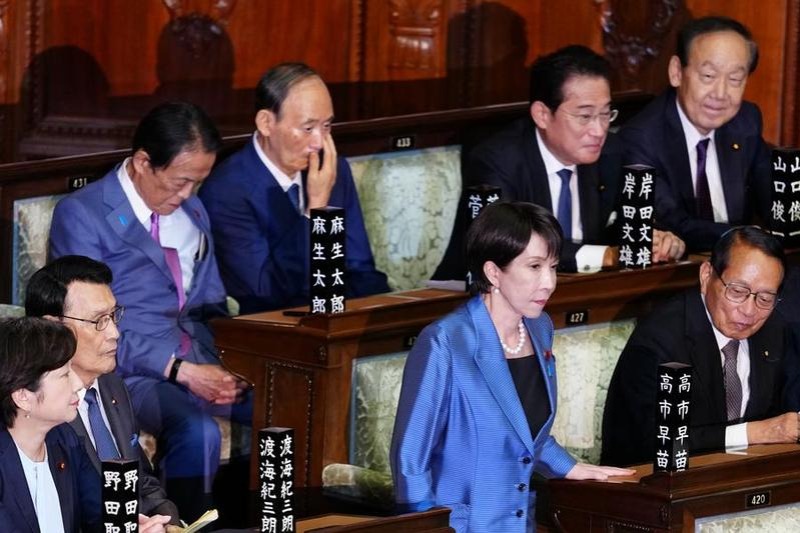Supervisory bodies to boost rule of law

Supervising the powers of supervisory bodies
As special organs to fight corruption, the supervisory commissions will be elected by the corresponding people's congresses and enjoy the same legal status as the corresponding level of governments, procuratorates and courts. Supervisory power will become a new type of law enforcement mechanism that enjoyed the same legal status as the executives and judicial bodies. The supervisory commissions will also have the power to supervise personnel, investigate suspects and punish offenders.
Supervision function is preventing (and fighting) corruption. Supervisory commissions will mainly supervise those who wield public power, and determine whether those personnel are abiding by the Constitution, and other laws and regulations, and whether they are fulfilling the duties their positions demand. This type of supervision mainly includes conversations, special inspections, special treatment, inquiries, clues-based investigations, verification via spot checks, and assessing whether the holders of public power have adhered to clean and honest governance.
Moreover, those under investigation can be confined to a designated place for further interrogation in accordance with the law if factual evidence shows they have violated laws or committed crimes. But such detentions should be subject to strict procedures and specific time limit, and the detainees should be guaranteed their basic rights to food, rest and medical services. And for those suspects who should be prevented from leaving the country, a set of strict approval procedures are needed.
The supervisory commissions, based on China's laws and regulations, can also mete out punishments to those found to have violated the law, including disciplinary punishments such as warning, demerit or serious demerit, demotion, suspension or sacking, and transfer the suspected personnel to judicial authorities to face criminal trial.
Supervision, investigation and punishment will enhance the supervisory commissions' capability to prevent corruption and make the process of bringing the corrupt personnel to account more efficient.
Power will corrupt and absolute power will corrupt absolutely if power is not effectively restrained. Given that corrupt supervisors usually cause more serious damage to the system than ordinary officials-and to ensure fair and efficient operation of supervisory personnel-an effective supervision and restraint mechanism needs to be established against the abuse of supervisory power.
Party committees at various levels will oversee the work of the supervisory commissions at the corresponding levels. And such supervision should be aimed at determining whether the supervisors are fulfilling their duties and abiding by the law to a build a team of supervision personnel who are honest and upright, dedicated to their jobs, and can enforce the law in an impartial manner and be supervised by the people.
Being supervised by the people's congresses is a statutory obligation of the corresponding level of supervisory commissions. The standing committees of people's congresses at various levels can review the special reports of the corresponding level of supervisory commissions and scrutinize their law enforcement performance.
Besides, procuratorial and judicial organs can cooperate and exercise mutual restraint with the supervisory commissions. For example, a procuratorial organ can return a case that is confirmed by a supervisory commission as a duty-related crime to the commission for supplementary investigation and/or decide not to file a lawsuit with the judicial organ if the case lacks clear facts or sufficient evidence.
An accountability mechanism for supervision personnel will also be established to evaluate whether their supervision work has been done in accordance with State laws and regulations.
Therefore, the supervisory system reform and the establishment of the NSC, which are important steps toward advancing the rule of law, will greatly help to achieve victory against corruption through zero-tolerance and an all-inclusive anti-corruption campaign.
The author is director of the China Anti-Corruption Judicial Research Center.


































